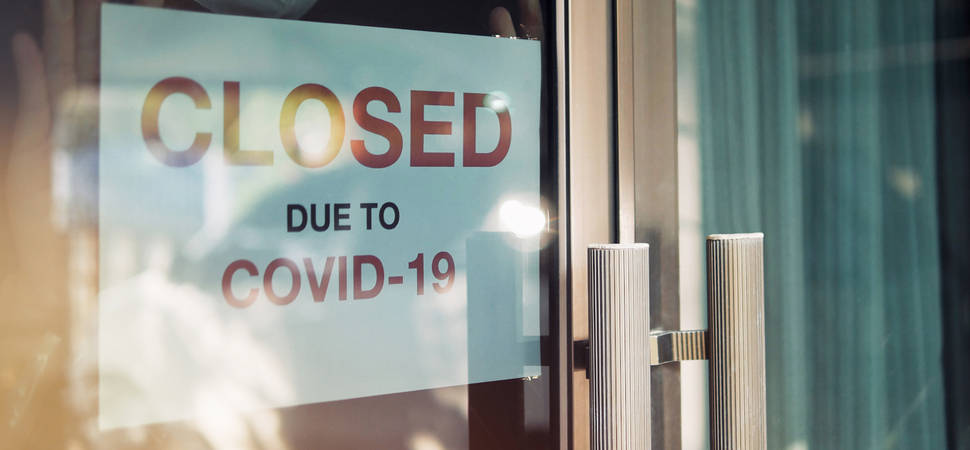
"Its up to todays entrepreneurs to decide whats best for their business, but I believe there will always be a place for the creativity and energy of the office environment."
Sharon Fishburne
We are undergoing an unparalleled shift in how we work. The coronavirus pandemic has been compared to the 2008 financial crisis countless times over the past year, but there are some big differences this time around, that business leaders need to make themselves aware of. This could be the biggest upheaval in our working lives we have seen for a hundred years.
The shift to remote working, the impact on mental health whether or not to pivot their business, among other factors, means the coronavirus crisis will permanently change the world of work. Every entrepreneur and business owner must make these tough decisions now or face even greater consequences further down the road.
Remote working
One of the biggest shifts that we’ve noticed since the outbreak of the pandemic is the move to remote working. As vaccination programmes are rolled out across the world, employers are faced with a crucial decision – will their company return to the office?
A survey by Hubstaff found that 77% of employees reported that they were more productive at home. Another study found that remote employees work an additional 1.4 days per month than those in the office. Homeworking let’s small businesses save on expensive city offices, but that doesn’t mean it’s all positives.
Many who have worked in a corporate environment may have jaded views on office life, but there is something to be said for the creative spark of the work environment. The ability to socialise face-to-face with your co-workers, ask questions and learn in-person are all vital to a young company’s success. It’s expensive, sure, but there are a number of processes that are more natural in the office.
Some employers have opted for a happy medium. By allowing a work environment that straddles both options, some days in the office and some at home, business owners are attempting to get the best of both worlds. It’s up to today’s entrepreneurs to decide what’s best for their business, but I believe there will always be a place for the creativity and energy of the office environment.
Mental health
Throughout 2020, lockdowns were enacted in an attempt to curb damage to the physical health of the population. However, employers should make themselves aware of the second pandemic, one affecting the mental health of their employees.
The mental wellbeing of your staff has very real implications for the success of your business. Data published by the CIPD and Simply Health and Well-being noted that 37% of respondents said stress-related absence had increased in the last year. A study from the University of Warwick also found that happy workers were 12% more productive.
The coronavirus pandemic has put an immense strain on the mental health of the nation, through multiple lockdowns, distance from friends and families, as well as financial struggles. Employers should set aside an additional budget for mental wellbeing benefits or they risk having a less productive, less cohesive team. Likewise, they should educate themselves on mental health. Many charities have released guides specifically for employers, such as MIND and the CIPD. Entrepreneurs should also do their best to be aware of new mental health research, such as that published by organisations like the University of York, the Subramanium Study Centre and the National Institute for Mental Health are great places to start.
Industry uncertainty
No doubt as a business owner the last year has been difficult. Depending on your industry, some have it worse than others. This has led to many entrepreneurs deciding to pivot their business in order to stay afloat. Data from McKinsey found that 7.6 million jobs were at risk in the UK during lockdown and this uncertainty leaves business owners with tough decisions.
Lockdown may have permanently damaged entertainment and hospitality businesses. Likewise, other industries such as oil and gas or airlines may take a long time to recover. Owners need to decide whether continuing to operate with heavy losses, especially when government support ends, is worth it. Small operations have the benefit of being agile enough to pivot, which may not be possible for large players, but this is a hard choice that entrepreneurs are going to have to make.
Employers need to decide now what the future of their company looks like. Whether it’s the full shift to remote working, putting their employees’ mental health first or pivoting the business, these crucial choices will have serious consequences for their company in the years to come.




